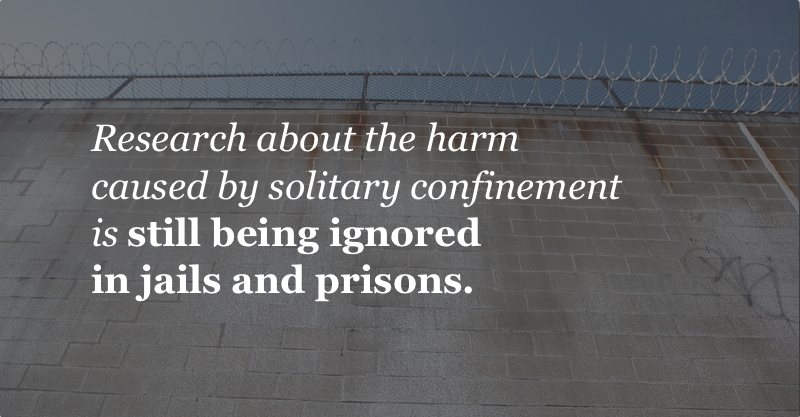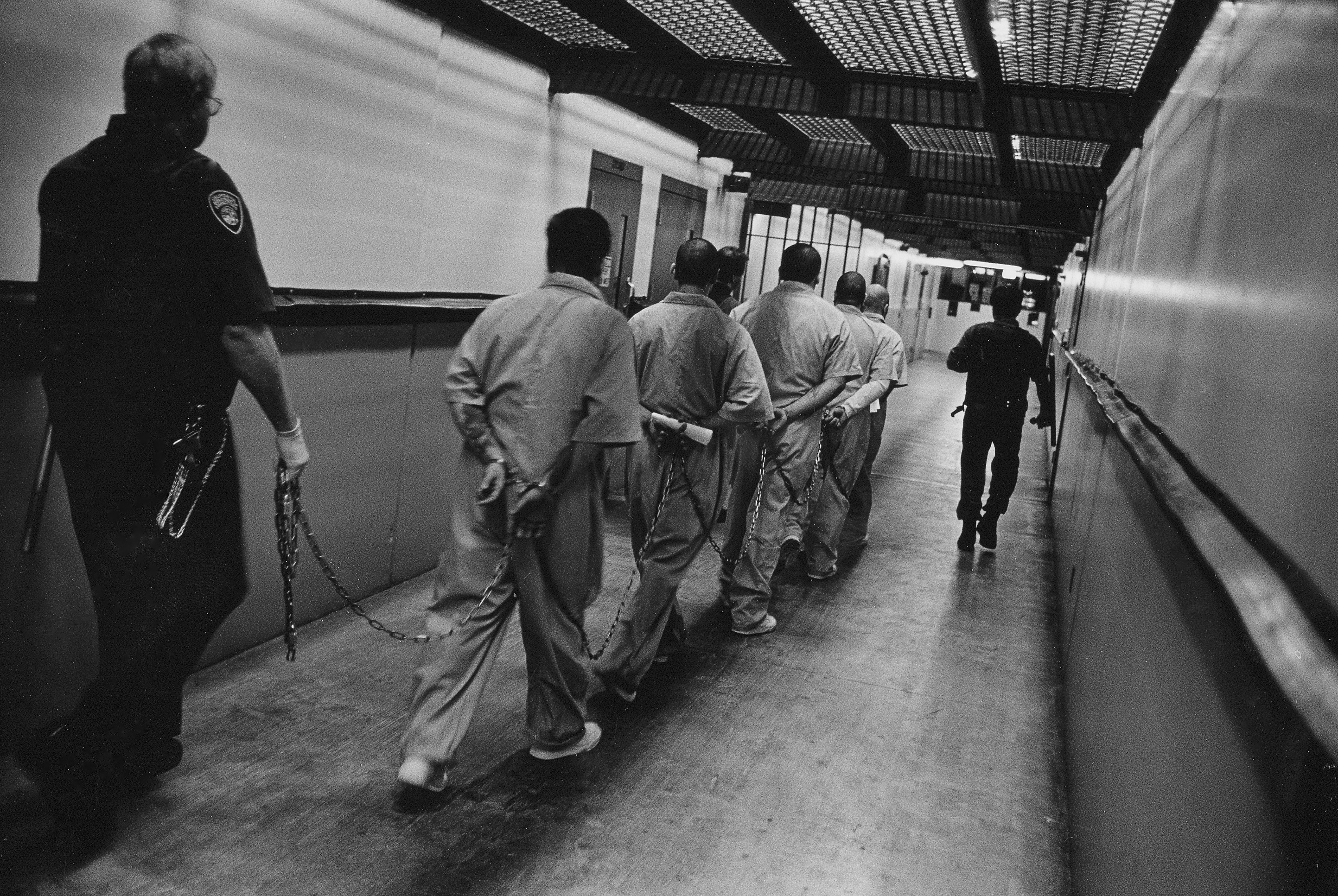Polchinski
Active Member
I never been to prison, nor ever going to. But when I hear how they are bored there, I can't help but think "why are they killing their time, the only positive thing they do have?" Because you see, as somebody in mathematics and physics, I don't have time to do the kind of math and physics that I like. I need to do what I am expected to do by my thesis committee. I also have to spend significant portion of time teaching, etc. I get lucky when I get a week to myself to do the type of math and physics that I want. But those people in prison they have YEARS to themselves. They don't have to work: they get free food basically. Yes I heard that in some prisons they do work, but not a whole lot since I heard they play cards. So why can't they all take all those hours that they are playing cards and use it all for studying math and physics?
I realize that, unlike me, they might not care about studying as much. But here is the thing. Obviously they regret that prison sentence is on their records, etc. When you get a regret, don't you want to make yourself feel better by finding some positive to counter it? The time to study is a clear positive. Why don't they use it?
Again I realize that not everyone like studying. But that is largely because you can't study what you want, you have to study what other people want. But in prisons they can study what they want since nobody asks them to study anything. So maybe they can come to enjoy studying?
I realize that, unlike me, they might not care about studying as much. But here is the thing. Obviously they regret that prison sentence is on their records, etc. When you get a regret, don't you want to make yourself feel better by finding some positive to counter it? The time to study is a clear positive. Why don't they use it?
Again I realize that not everyone like studying. But that is largely because you can't study what you want, you have to study what other people want. But in prisons they can study what they want since nobody asks them to study anything. So maybe they can come to enjoy studying?


